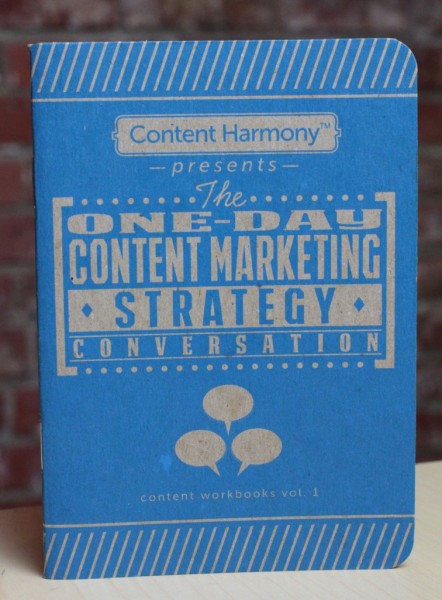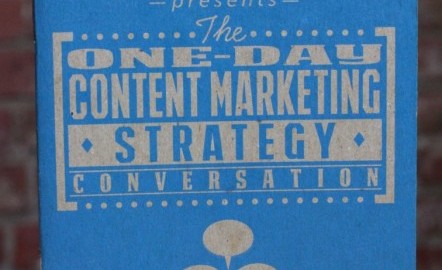One of the undeniable laws of content marketing is that it works better when you have a documented strategy in place. Past research from Content Marketing Institute shows that:
“Brands with a documented content marketing strategy:
- Are far more likely to consider themselves effective at content marketing,
- Feel significantly less challenged with every aspect of content marketing,
- Generally are more likely to consider themselves more effective in their use of all content marketing tactics and social media channels,
- Were able to justify spending a higher percentage of their marketing budget on content marketing.”
In an agency setting, we have a clear incentive to produce a clear content marketing strategy for clients before we begin work.
But, strategy takes time, especially for a new client. Researching new target buyers, learning the ins and outs of an entirely new topic, and trying to think of ways to produce high-quality content for a new market all take a lot of time. We could easily spend 100 hours on strategy and brainstorming for a client before we ever produced a piece of content for them – but that’s a hard sell, and I think it’s an unnecessary one.
As a result, we’ve done our best to develop a process for creating content marketing strategies that are both effective and simple. By focusing on the essentials up front, we can come back later and conduct more detailed analysis after we’ve started working with a client, without losing sight of the big picture.
The 12 Questions You Must Answer:
The following are what we consider to be the 12 essential, must-answer, unavoidable questions you have to answer to build what we call a Minimum Viable Content Marketing Strategy.
- Why are we doing this?
- How will content marketing support our broader business goals?
The answer to these two questions should be the same. It’s important enough that it requires 2 questions. - Who are our target audiences that will buy from us?
- Who are our target audiences that will consume and share our content?
There should be some kind of difference between those two groups of people. Is the difference budget, or is it something else? - Who on your team is going to do the work?
Literally – You want names and what they’ll commit to doing each month – you have to know your resources before you can decide WHAT you’ll be doing. - What can we offer to our target audiences at each stage of the customer lifecycle?
Feel free to substitute sales funnel if that makes more sense to you. - How does our target audience find and consume content?
Reddit? Email newsletters? Direct Mail? Facebook Feed? Book Clubs? - How should we differentiate within our market (not just from direct competitors, but within our topical domain)
- How do we define success, and how do we define failure?
This is the beginning of the conversation that addresses metrics and KPIs to reflect our broader business goals. - Where will we focus our content distribution and promotion efforts?
This is your promotional channel plan and will address how you handle owned, earned, and paid media channels. - When do we publish stuff?
- When do we measure results?
You should be able to answer most of these questions in a day, though you’ll want to conduct more extensive research on a few of them, particularly your user research and audience personas.
Learn the Full Process In Our New Workbook:
If you want to read the complete guide to building your Minimum Viable Content Marketing Strategy in a single 8-hour work day, we’ve published a digital version of our new workbook, The One-Day Content Marketing Strategy Conversation.
Sign up in the form below and we’ll send you a PDF copy.
- Join Our Private Newsletter:
- Send me content updates via email

Note: We published this as a printed workbook, too. If you’d like a print copy, we’re happy to send you one for free – just email kane [at] contentharmony.com.
Business Articles | Business 2 Community
(362)
Report Post





